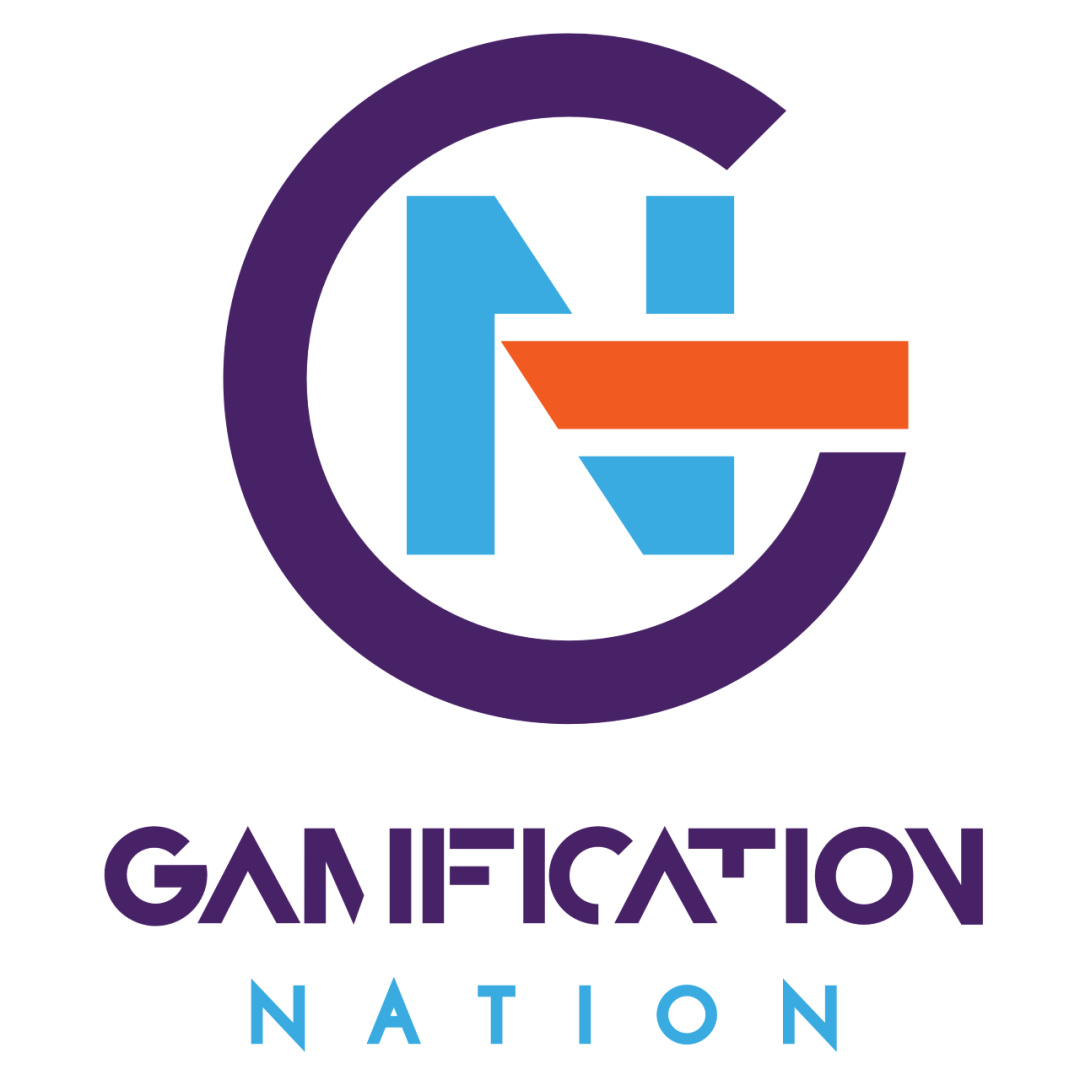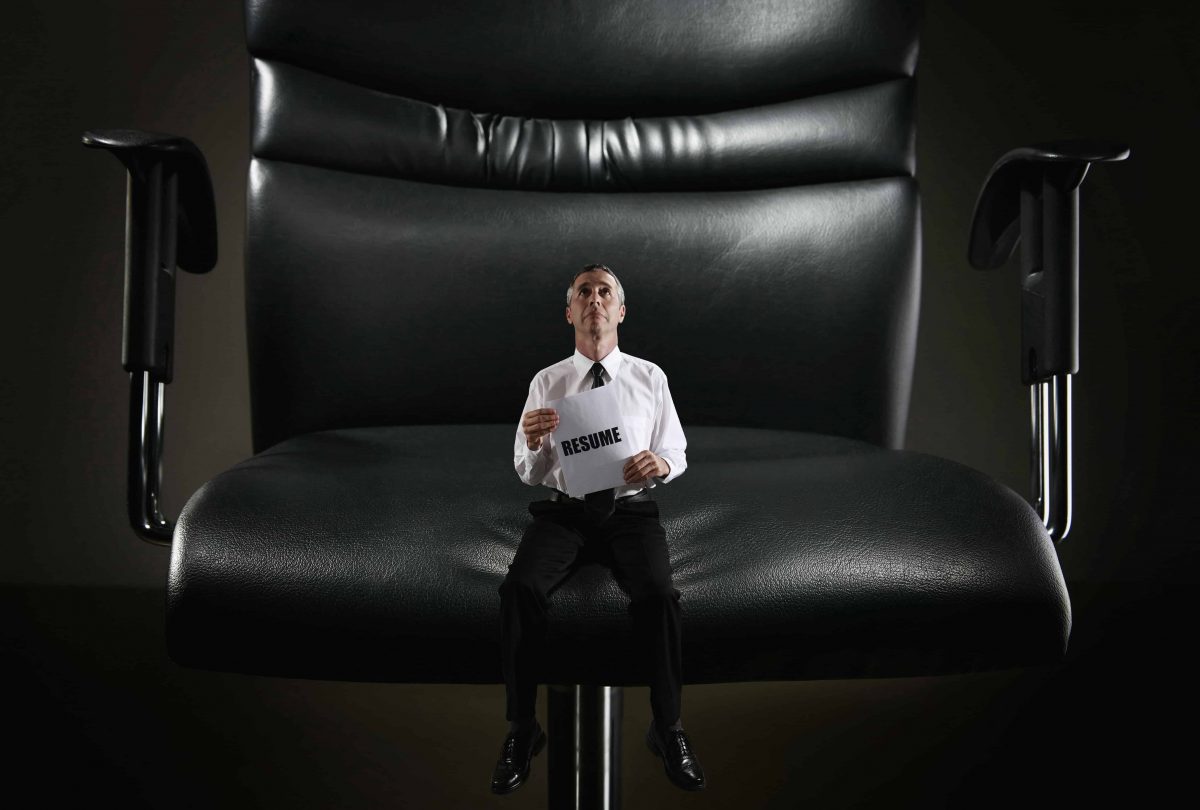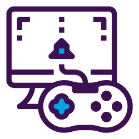To improve your recruitment process with a game or gamification is becoming a regular request we deal with at Gamification Nation. Often the recruitment team has identified stumbling blocks in their process, drop off points or simply isn’t attracting enough of the right candidates and they are looking for new ways of hiring young or new talent for their business. So what do you need to embark on a game or gamification design process?
Know the problem you are trying to solve
Our first question is typically why are people not applying or not proceeding in the process. Most HR teams can answer that question and occasionally, we help them research why the right people aren’t applying or not staying in the process. It is often easier as an outsider to the company to gain honest answers on these types of questions.
Some of the types of problems, we have seen to date are variations of the following:
- The role is perceived to be boring or monotonous
- People think the company is not hip, sexy or cool to work for
- Everyone is attracted, but very few fit the real role description
- Great on paper candidates, but poor when in practice
- Crazy perceptions of how the role will work both positively and negatively
- Lack of career progression
What can a game or gamification do to overcome these problems?
A game can make a candidate test the environment they will be working in and some of the role traits required in a virtual setting. It could be done anonymously or with feedback. For example the older example of the French Postal service using Jeu Postale to have people play postman for two weeks with all its requirements, ups and downs. This initiative gave insight into what it really took to be a postman and reduced the number of inappropriate applicants, who would love a stroll in the sunshine to name one crazy perception.
Gamification can keep people engaged in the process, the biggest difference here is that the process may remain very similar and game elements are added to provide feedback and progression to the candidate. For example one of our business partners created Multipoly for PWC Hungary to attract more graduates from different disciplines and not just finance and accounting, they entered the building and could take job tests, psychometrics, etc and receive feedback along the way of job coaches.
Both options can successfully help to overcome very specific problems in recruitment.
When does it not work?
If you are trying to fix all roles and recruitment issues in one go, we will often advise against using both games and gamification. Too general serves nobody. Each role will have some specific challenges and requirements, we recommend starting at role level. You wouldn’t put a sales candidate through the same kind of tests as you would your IT specialist, which goes without saying. Unfortunately, when it comes to game design and gamification we have had requests to make it the same.
When you are looking at gamification, think about the process and what is similar for all roles and then also what should be different for each of the roles. In a game, adding in life like challenges that are relevant will enhance the player experience, adding elements that aren’t relevant, tend to discourage continuation and gameplay.
When your candidates are not technology savvy and your recruitment game is fully technology driven. In those situations, an analogue game in the interview or an assessment centre may work better. Analogue games can be card games, board games, treasure hunts, etc.
What else should you consider?
Time and budget are the obvious things to consider for any project. Gamification can be rolled out in a matter of weeks and months, bespoke game design tends to be a longer process purely because every element has the be created.
Bespoke or off the shelf is another consideration. Existing platforms such as Arctic shores, Pymetrics, Hackerrank and others, may already have a fitting solution that doesn’t require bespoke new design and all of them till offer some element of tailoring to suit the role. Bespoke is useful when the problem is very specific to your company or industry and you want to stand out from the crowd.
Setting expectations of reality after the process. If your game was great fun to play, then it is not unusual for your candidates to expect a fun environment. if reality is different from what you raised as an expectation, you may find retention of new hires to be your next problem. We recommend keeping it real and aligned with your existing model and values.
What have been the benefits of using gamification and games for recruitment?
Here is a list of top benefits, we see and our suppliers mentioned in this article have experienced:
- Better fit of the candidate to the role and company values
- A reduced bias in terms of background, ethnicity, hiring manager preferences, etc.
- Quicker selection with better results
- Fewer applications, but more of the right ones
- Longer retention after hiring
- Etc.
So the question now is, when will you get in touch to discuss your recruitment problem with us to check if a game or gamification can help you?




